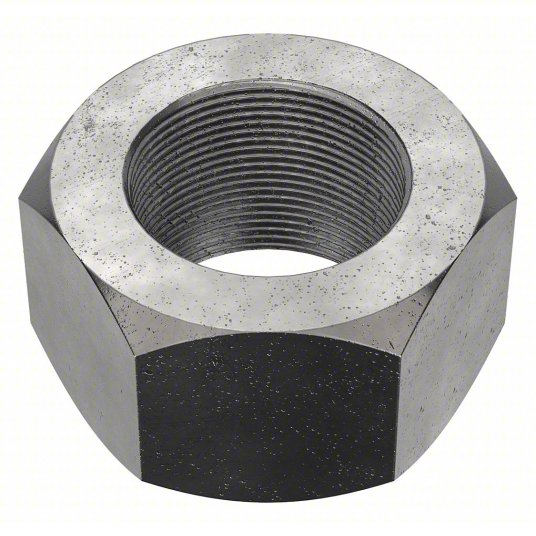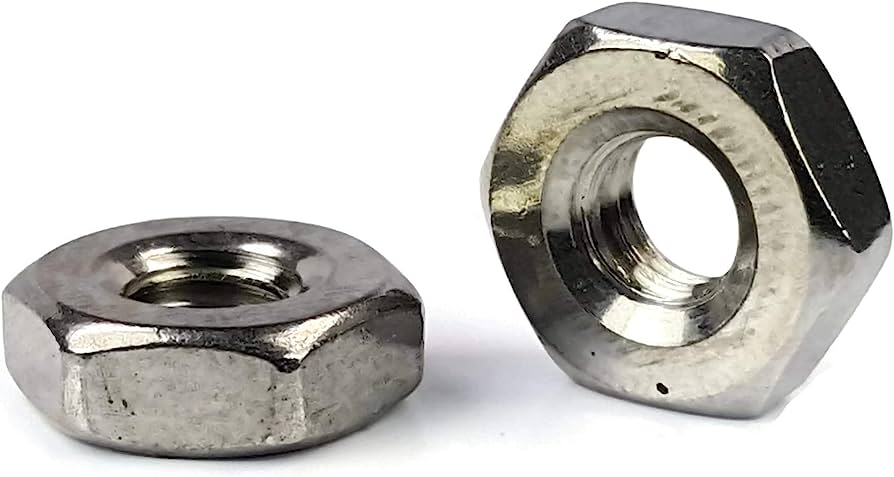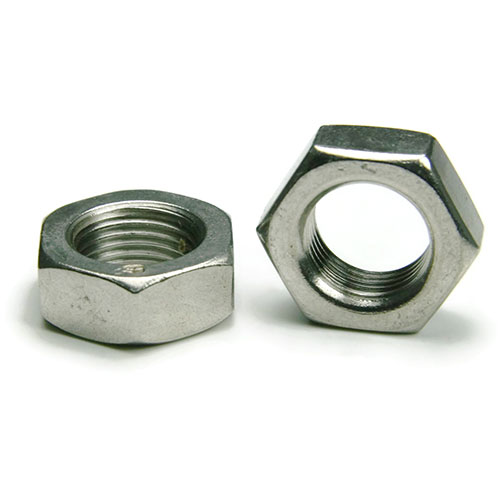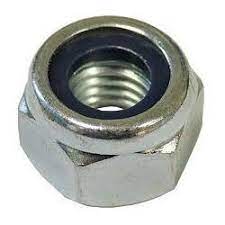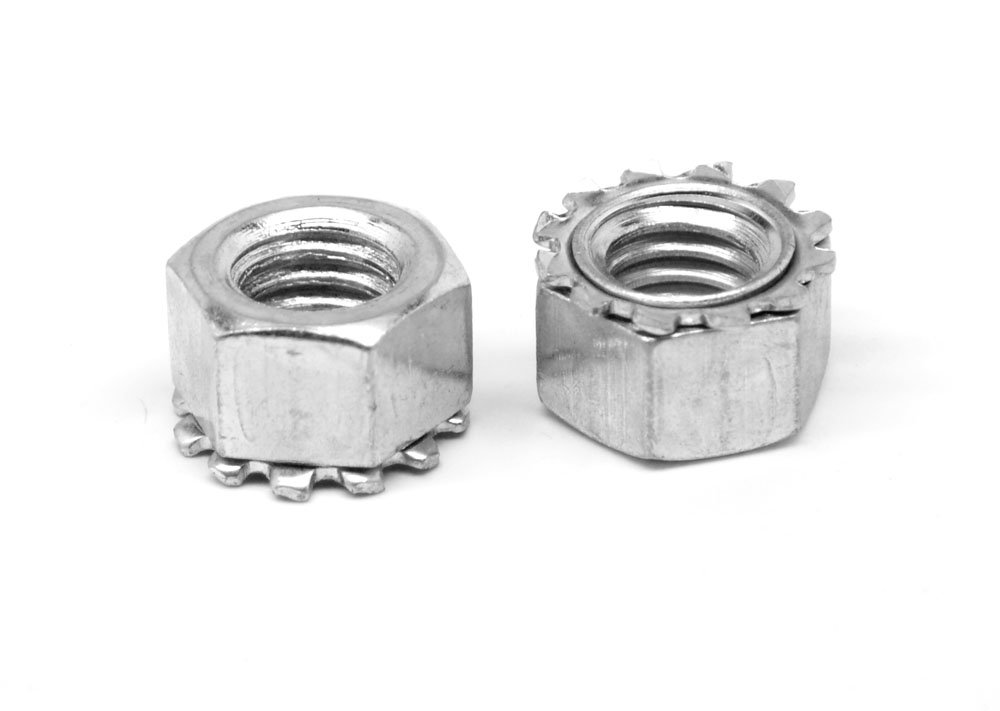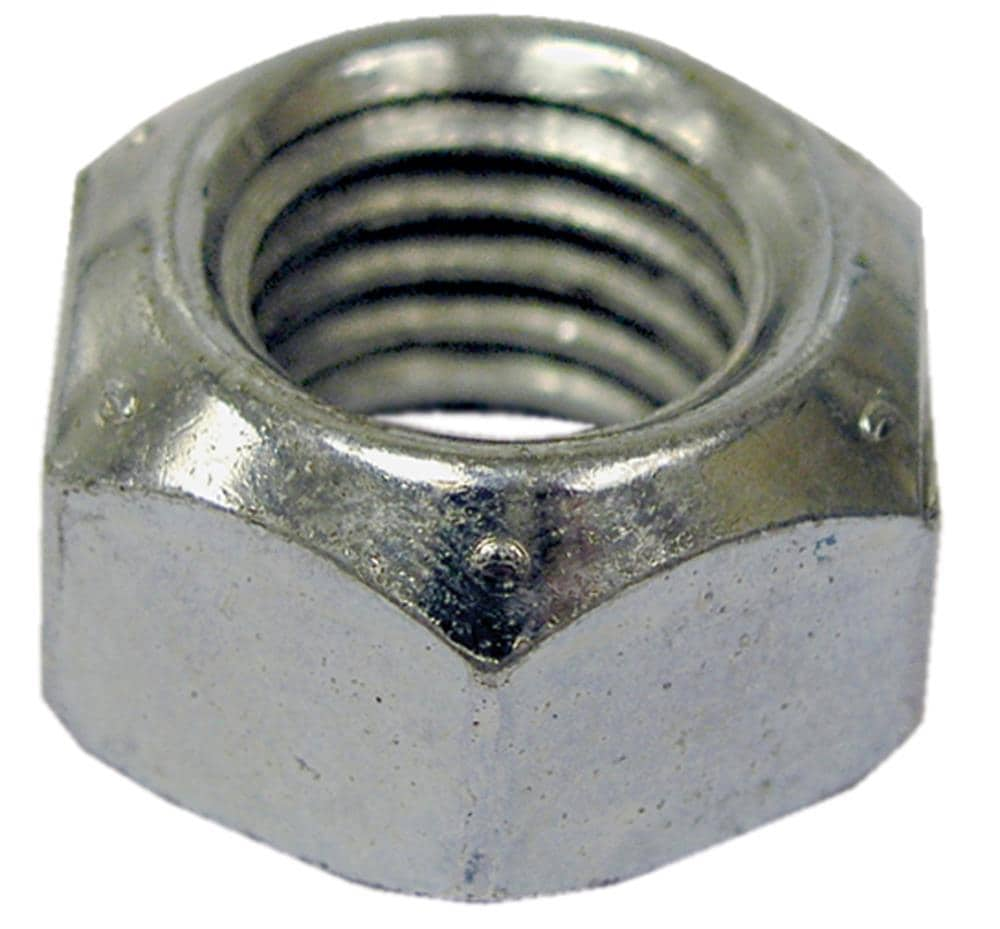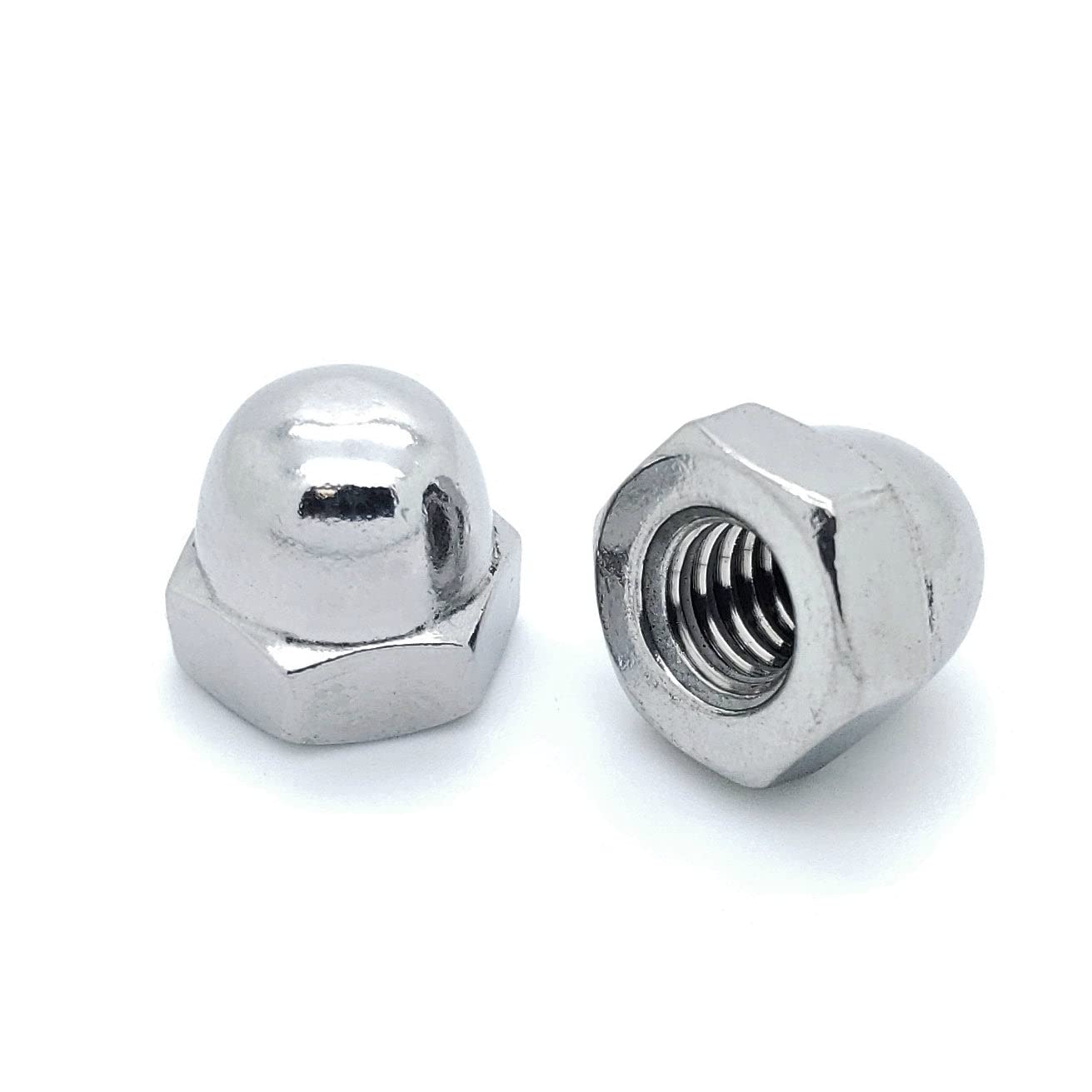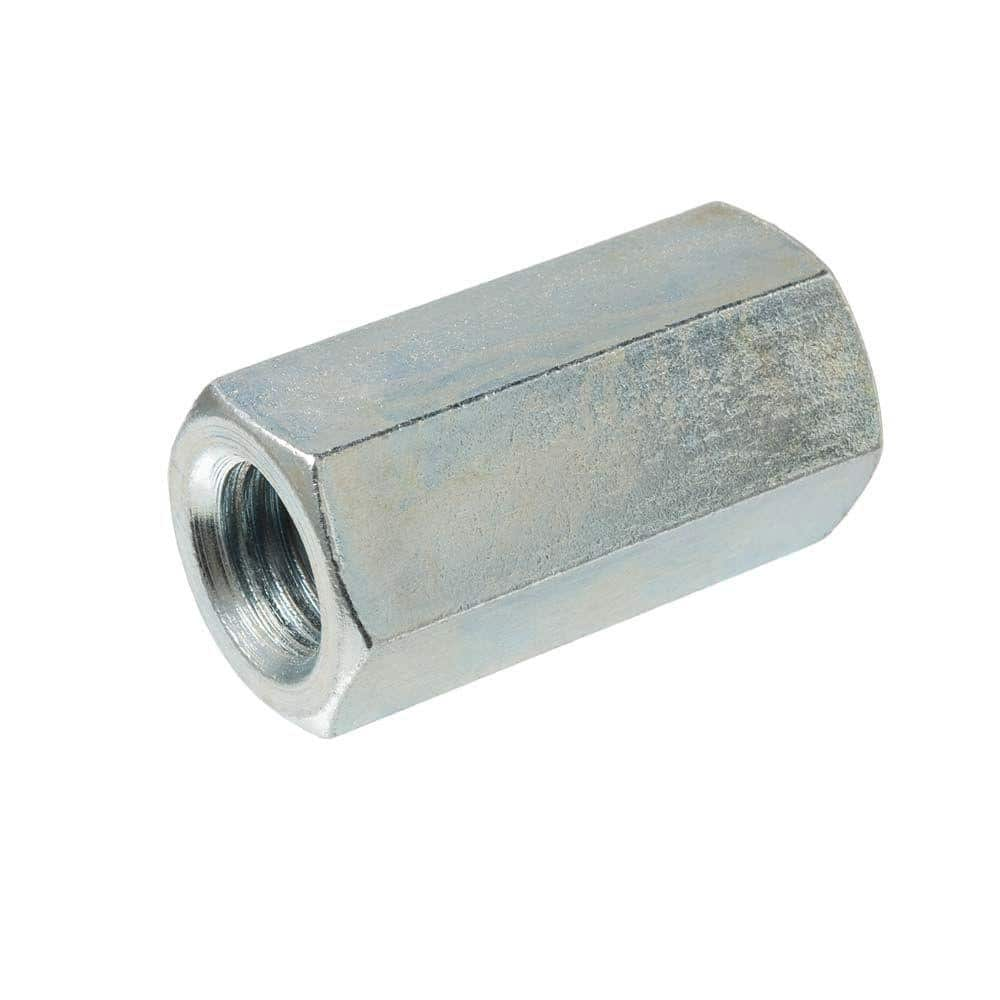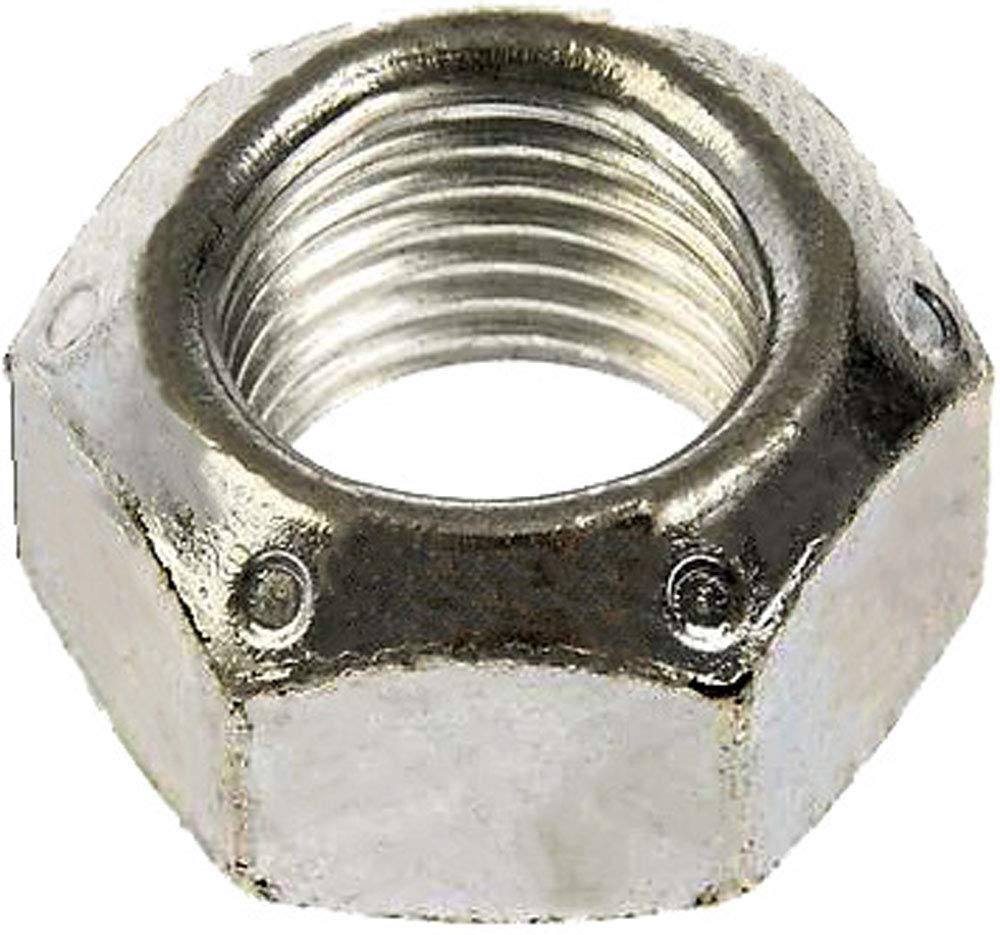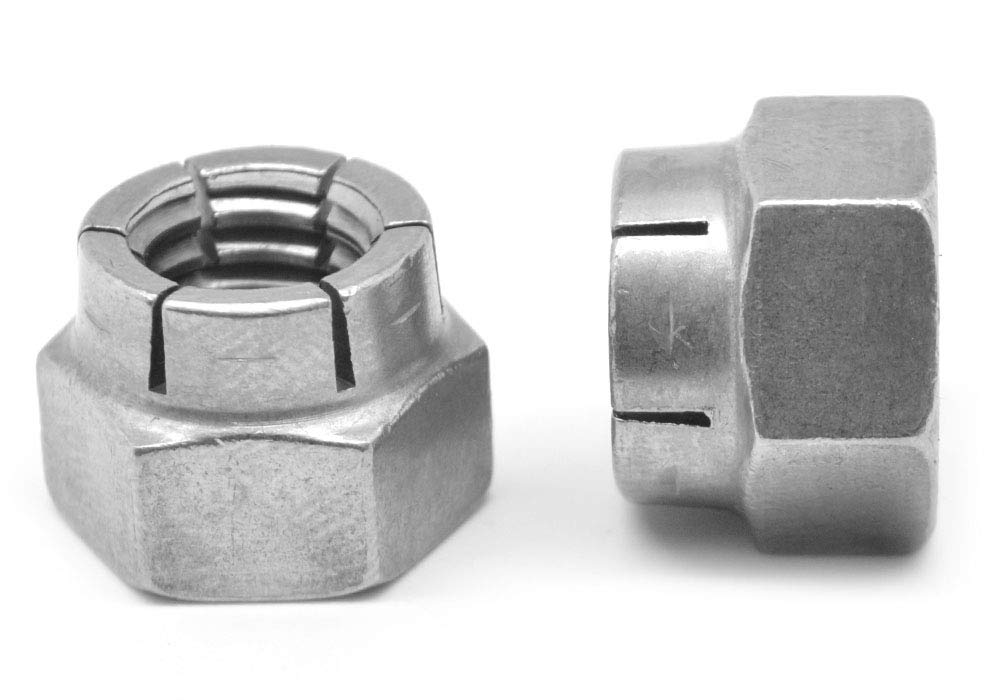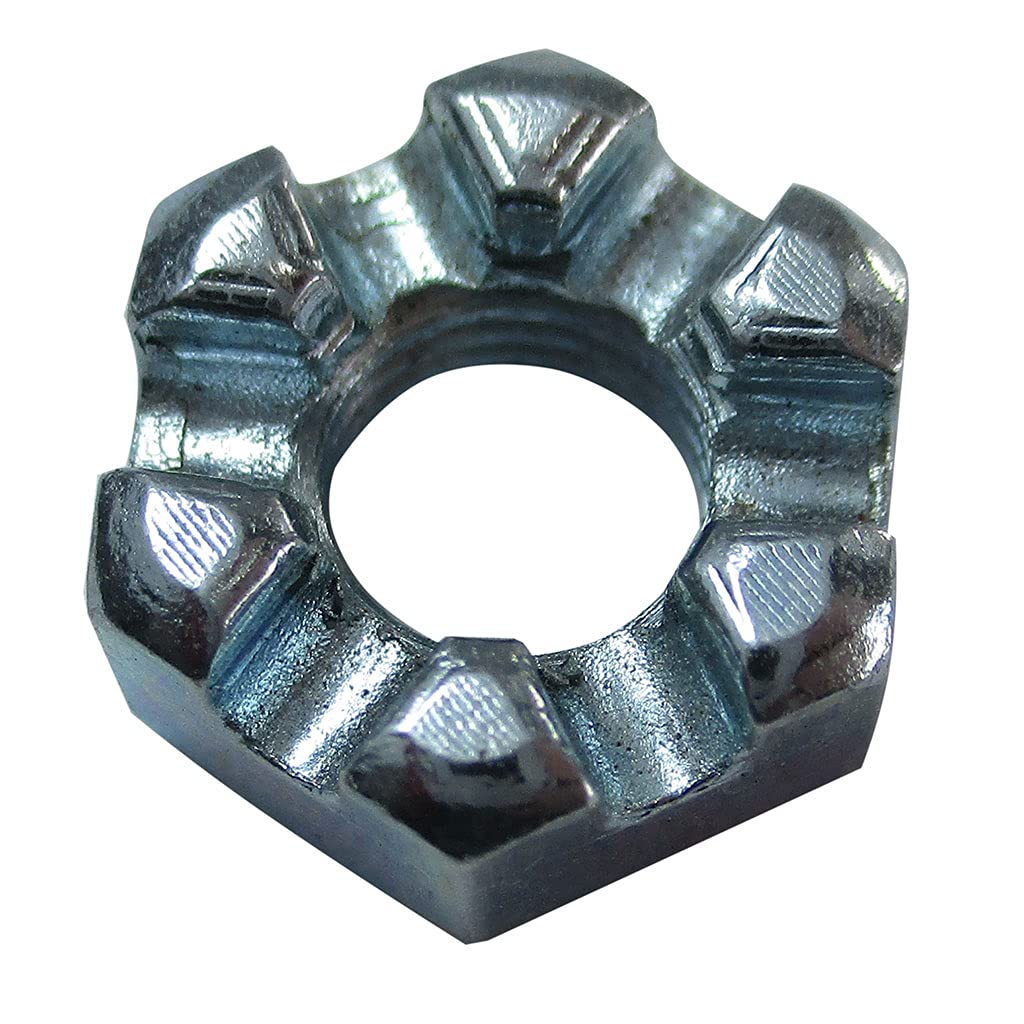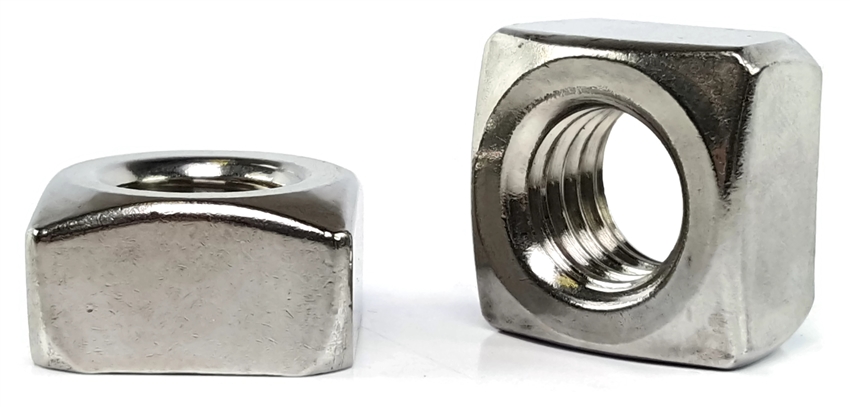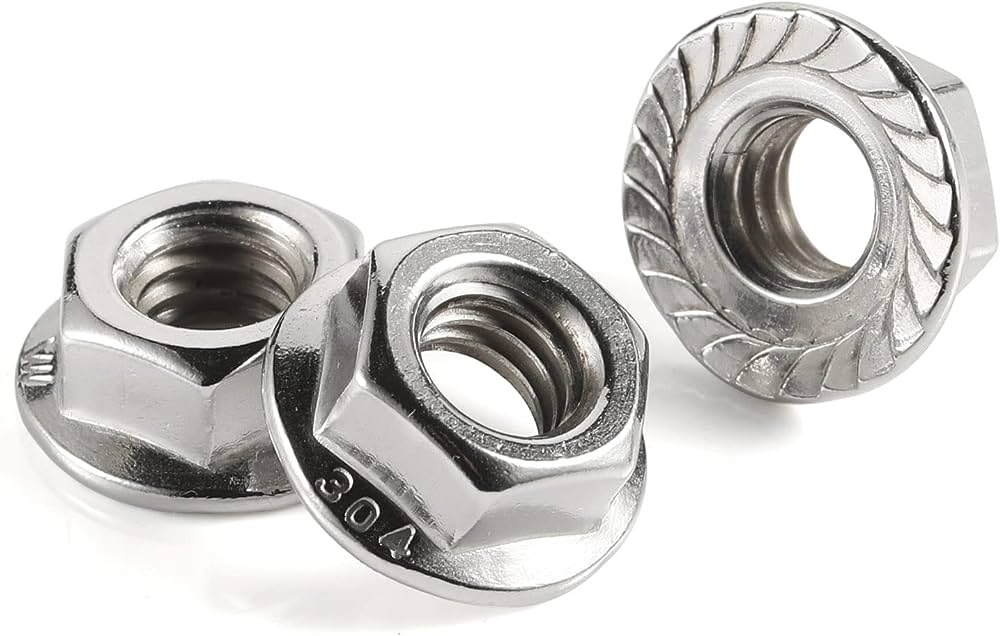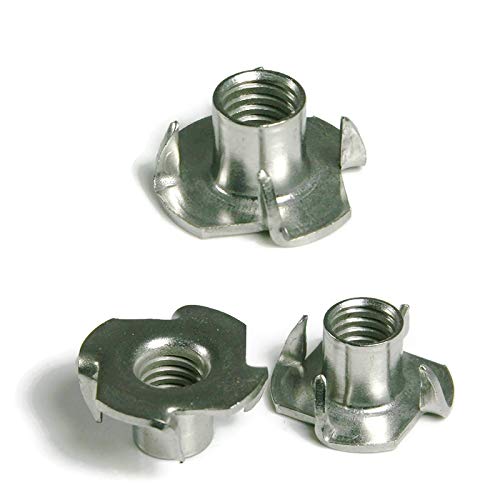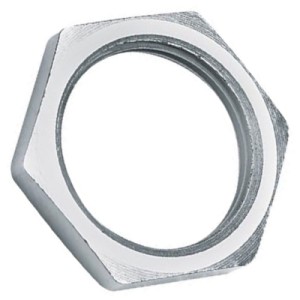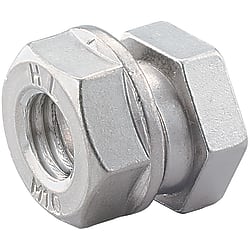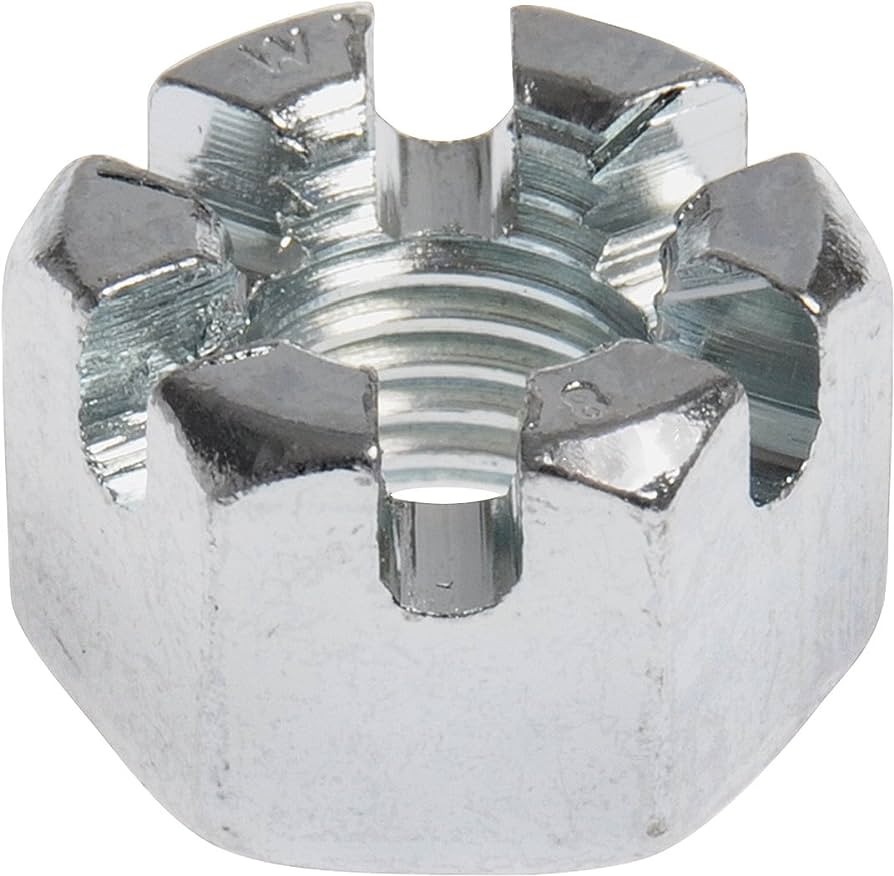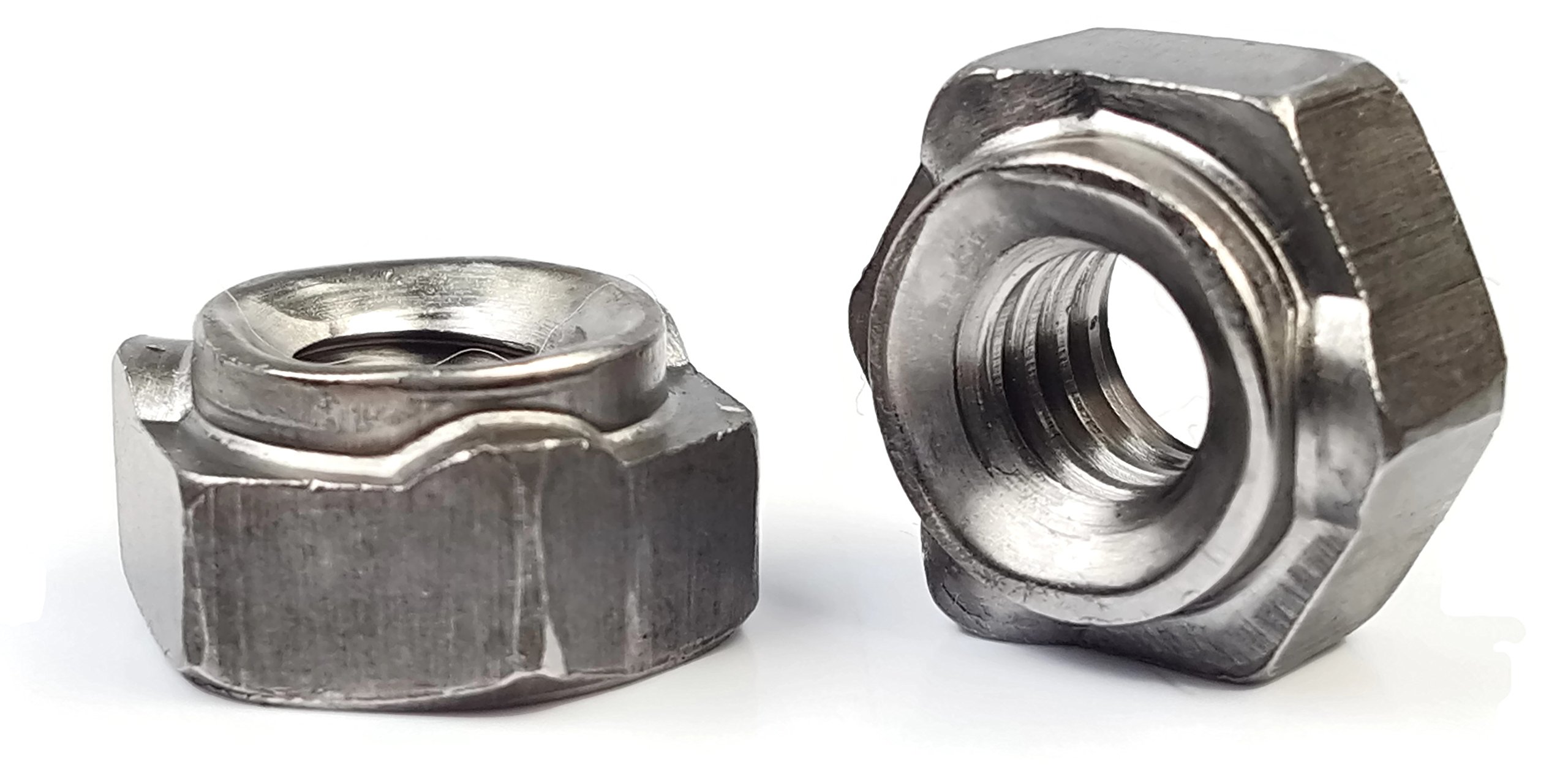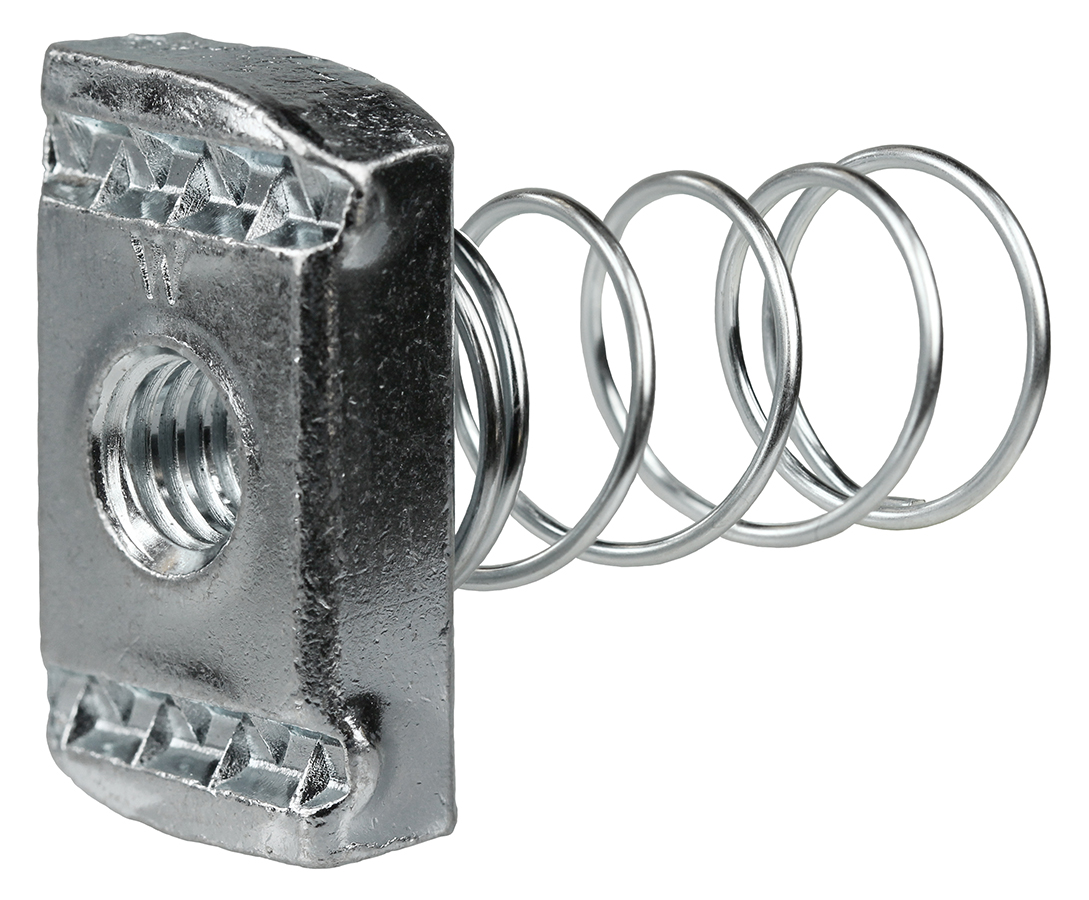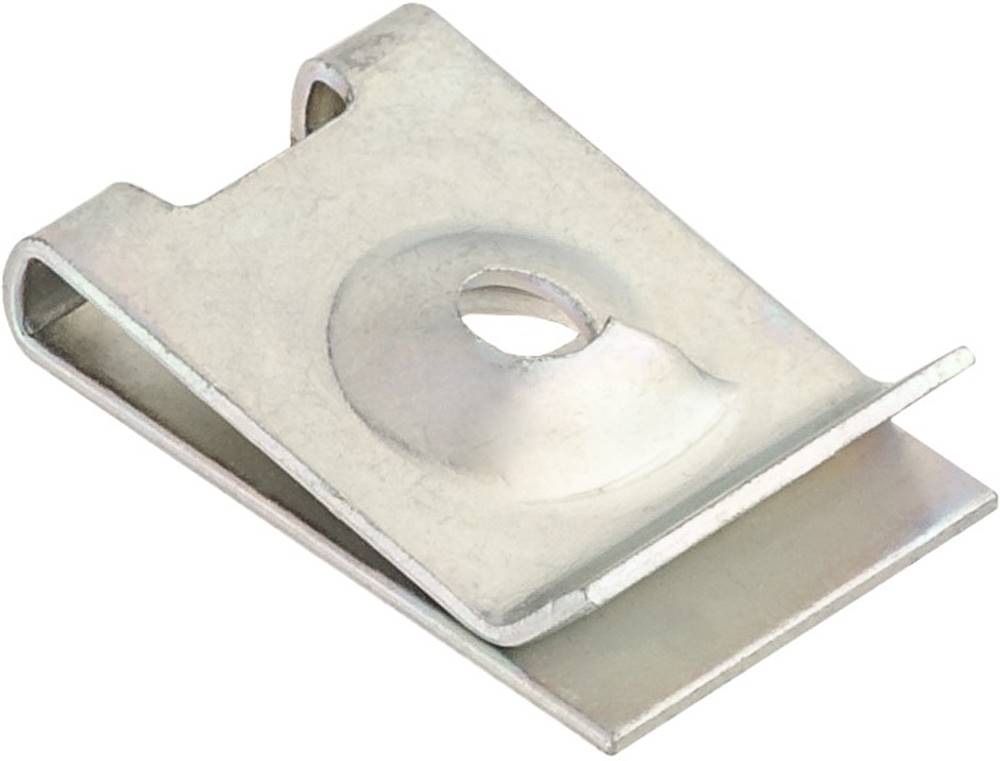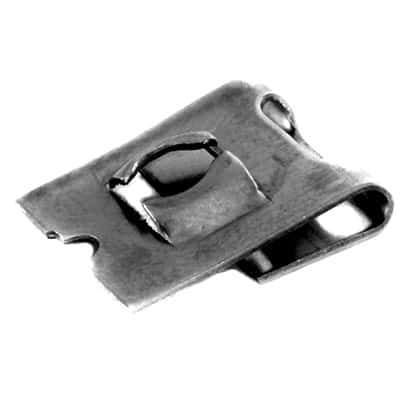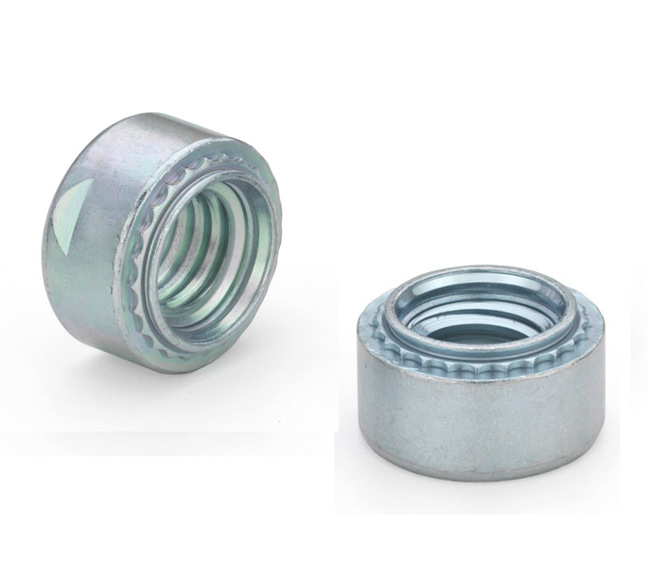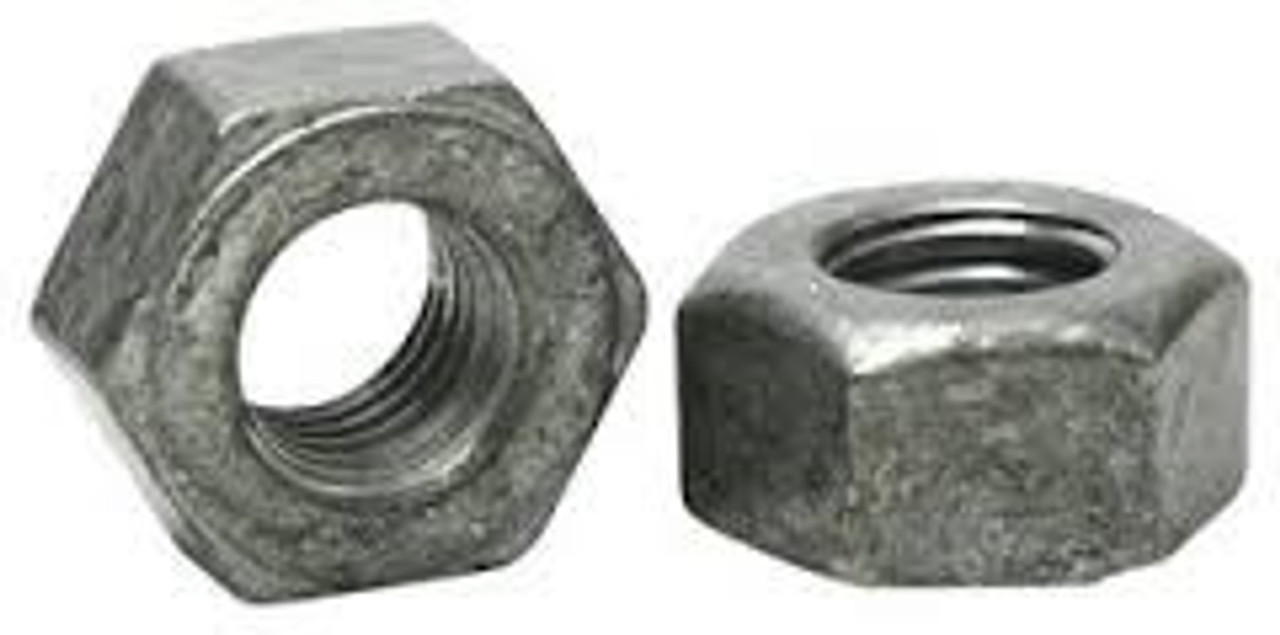Metric
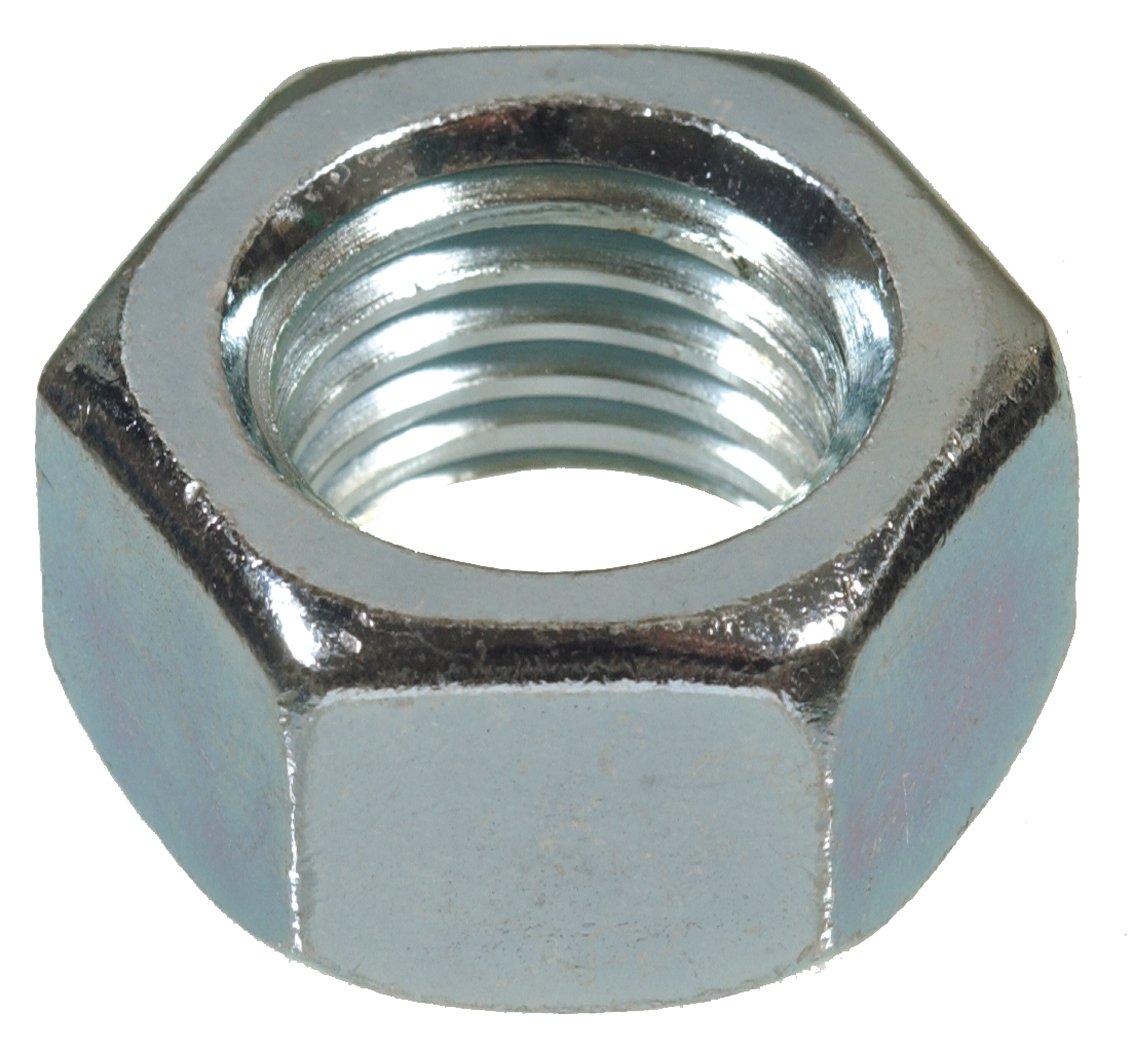
Metric nuts are a type of threaded fastener used to secure components together in various applications. They are part of the metric system of measurement, which is used internationally and is based on powers of ten. Metric nuts are designed to be used with metric bolts or screws, which have metric thread pitches and diameters.
Key features of metric nuts include:
-
Metric Thread: Metric nuts have internal threads that match the metric thread pitch and diameter of the corresponding metric bolts or screws. The metric thread system uses millimeters as the unit of measurement, and the thread pitch is the distance between adjacent thread crests.
-
Hexagonal Shape: Similar to their imperial counterparts (such as hex nuts in the United States), metric nuts often have a hexagonal shape with six flat sides. This shape allows for easy gripping and turning using a wrench or socket.
-
Materials: Metric nuts can be made from a variety of materials, including steel, stainless steel, brass, and other metals, depending on the application's requirements.
-
Variety of Types: Metric nuts come in various types, including standard hex nuts, lock nuts (such as nylon-insert lock nuts), flange nuts, and more.
Metric nuts are widely used in industries around the world, especially in regions where the metric system is the standard system of measurement. They find applications in automotive manufacturing, machinery assembly, construction, electronics, aerospace, and many other fields.
When using metric nuts, it's essential to ensure that the corresponding metric bolts or screws are used to achieve a proper fit and connection. Proper tightening torque and installation procedures should also be followed to ensure a secure and reliable threaded connection.
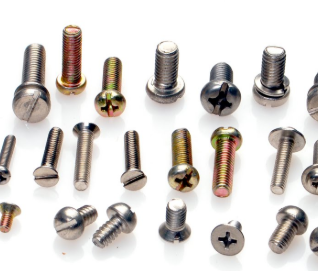 SCREWS
SCREWS
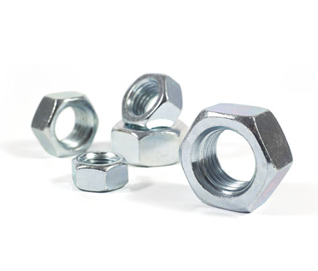 NUTS
NUTS
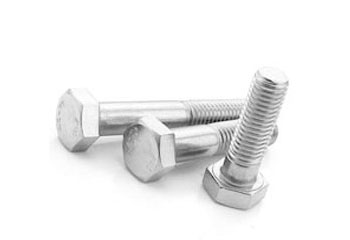 BOLTS
BOLTS
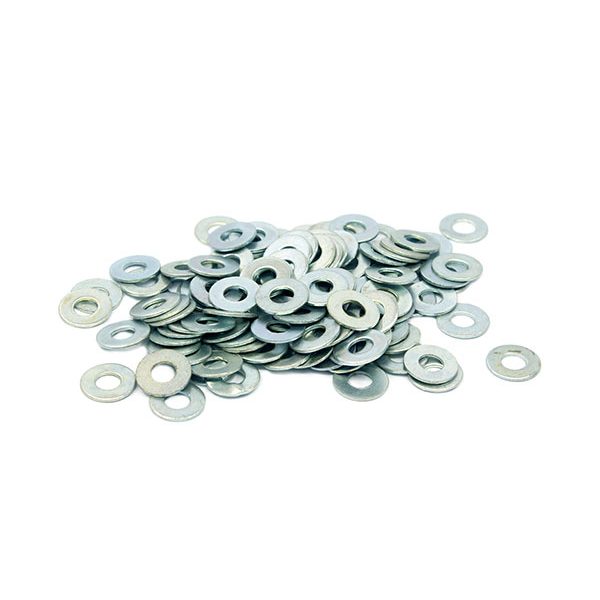 WASHERS
WASHERS
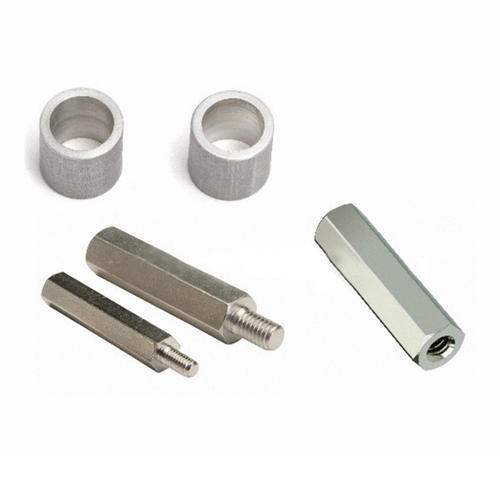 SPACERS & STANDOFFS
SPACERS & STANDOFFS
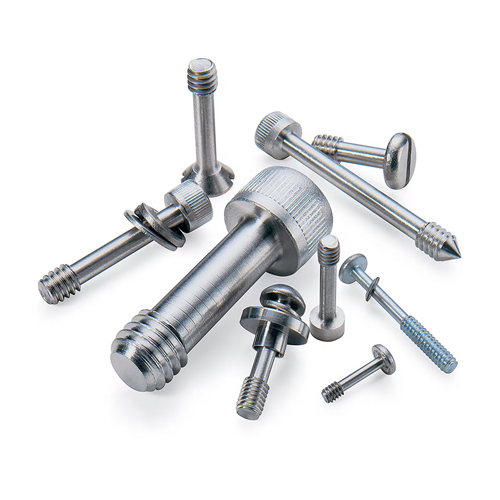 PRECISION/CUSTOM PARTS
PRECISION/CUSTOM PARTS
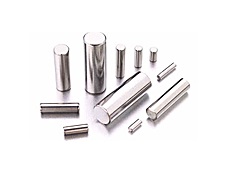 PINS
PINS
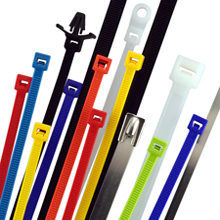 WIRE HANDLING
WIRE HANDLING
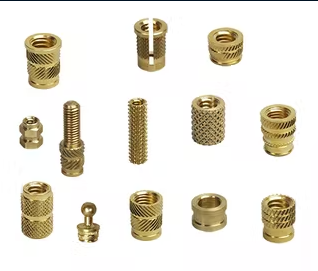 INSERTS
INSERTS
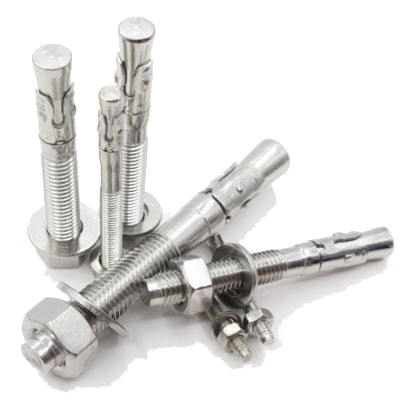 ANCHORS
ANCHORS
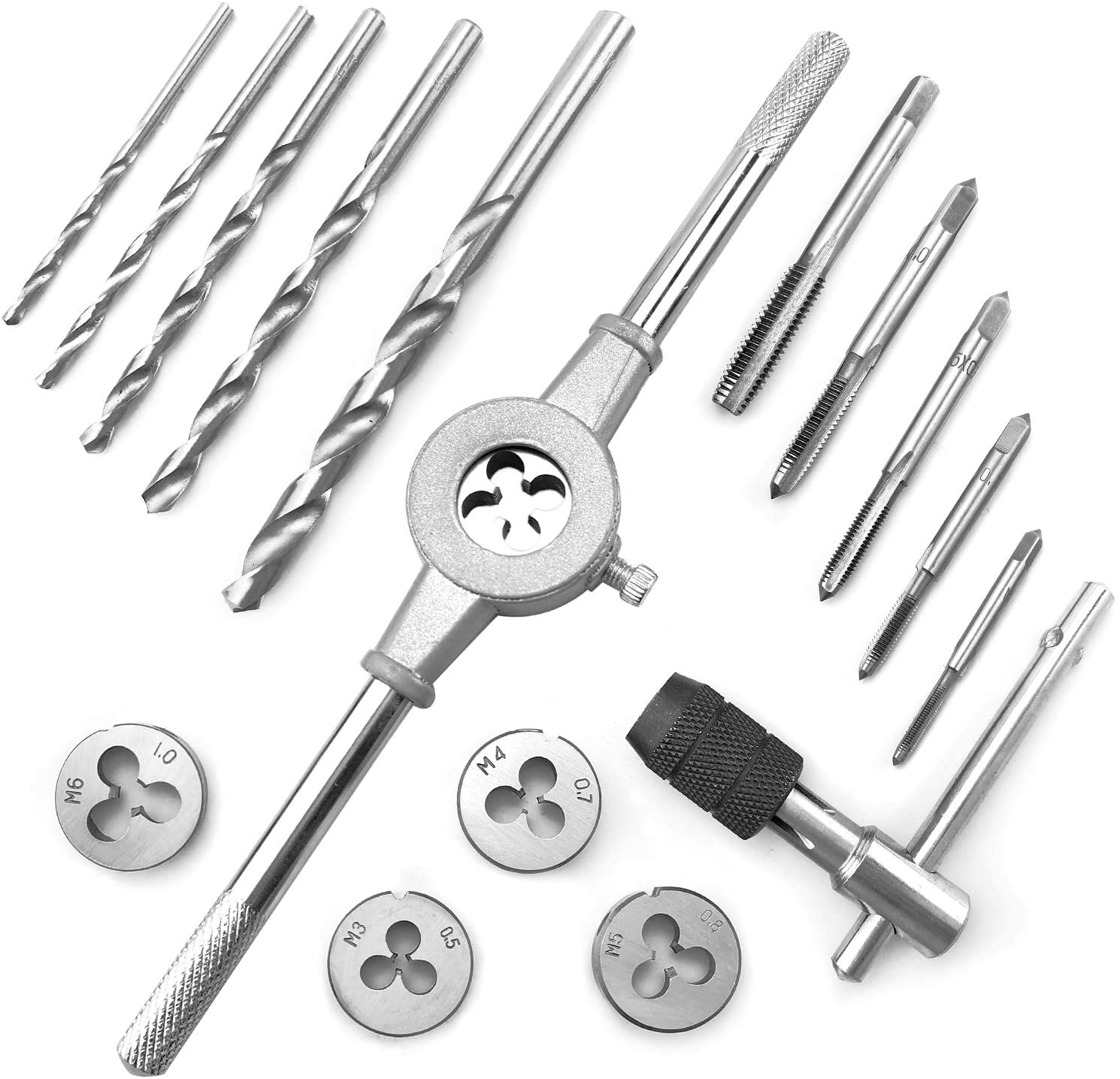 DRILL BITS, TAPS, & DIES
DRILL BITS, TAPS, & DIES
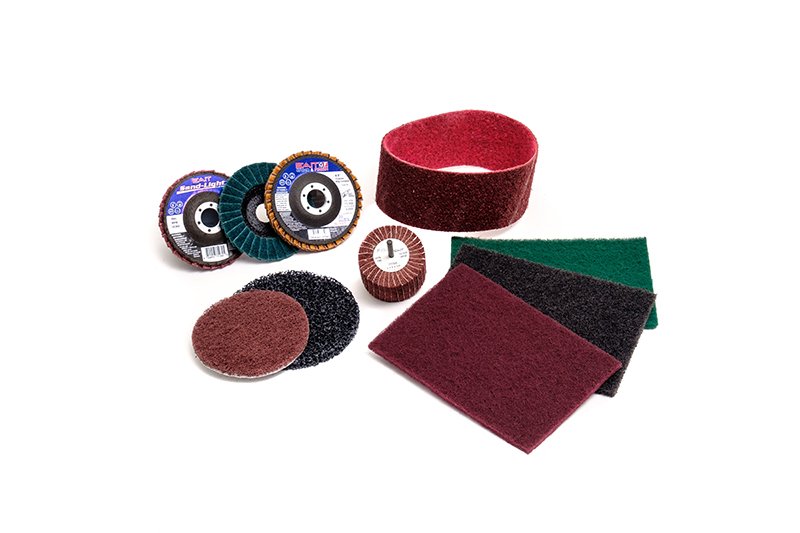 ABRASIVES & SAWBLADES
ABRASIVES & SAWBLADES
 SAFETY EQUIP.
SAFETY EQUIP.
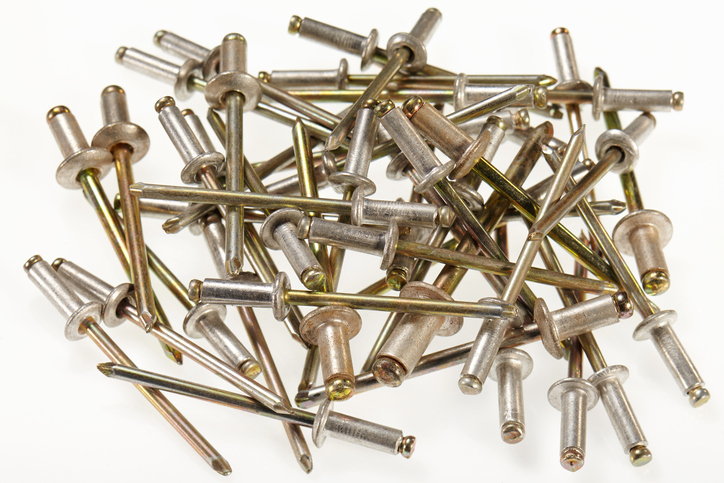 MISC.
MISC.
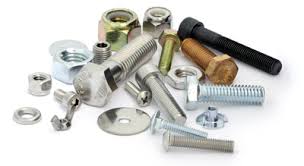 MATERIAL TYPES
MATERIAL TYPES
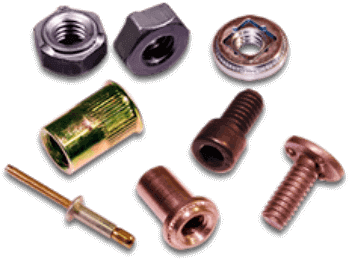 PLATING TYPES
PLATING TYPES
